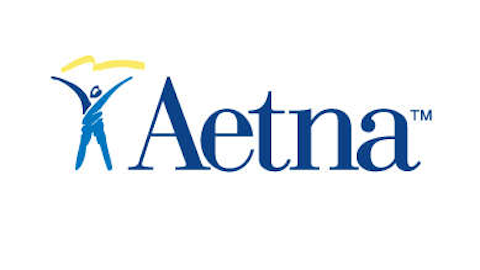
Yet the impact of Obamacare goes beyond the health care industry. New tax provisions associated with the Affordable Care Act have gone into effect this year, and they could have a big impact on your taxes both in 2013 and in future years.
What Obamacare did to your taxes
To find out more about exactly what tax provisions lawmakers embedded into the broader Obamacare legislation, the first resource I turned to was the Fool’s Motley Fool ONE Tax Center. Once you get your copy, you’ll find on page five of our exclusive 2013 tax report that Obamacare made several new tax-related changes that will have an impact on taxpayers of all income levels.
Perhaps the biggest change in the law expanded the tax that workers currently pay for Medicare to cover both higher amounts and different types of income. Until this year, workers paid 1.45% of their wages in Medicare withholding taxes, with employers paying another 1.45% out of their own pockets. Self-employed individuals paid the combined 2.9% on their own. Although the amount of wages subject to Medicare tax used to be limited in the same way as Social Security withholding, that changed in 1991, and by 1994, the limits on wages subject to Medicare taxation were removed entirely.
Going forward, though, Obamacare imposes additional Medicare taxes on certain individuals. In particular, two groups will be affected:
Joint filers with wages or other work-related earnings greater than $250,000 and singles earning more than $200,000 will have to pay an additional 0.9 percentage points in Medicare tax, bringing their total to 2.35% for employees or 3.8% for self-employed workers. Employers are supposed to handle this requirement in their withholding, but for two-earner couples, that may prove impossible, as your employer will have no knowledge of what your spouse earns.
Those with total adjusted gross incomes of more than $250,000 for joint filers, or $200,000 for singles, will have Medicare taxes imposed on their investment income as well. On whatever amount of investments exceeds the $250,000 gross-income level, you’ll have to pay the full 3.8% surtax yourself.
The net effect on high-income earners will be to bring total top tax brackets to 43.4% — the 39.6% regular tax amount plus the 3.8% Medicare tax.
Hitting lower-income workers
Those who earn less than the $200,000 and $250,000 thresholds shouldn’t assume that their taxes will be unaffected by Obamacare. New limitations on flexible spending arrangements will hit taxpayers of all income levels, limiting the amount you can set aside tax-free in a flex plan to $2,500 per year. Previously, there was no technical upper limit, although most employers imposed a $5,000 maximum. But for those who have high levels of predictable medical expenses, the forced reduction in flex-plan use could cost you hundreds of dollars in extra income, Social Security withholding, and Medicare withholding taxes.
Moreover, those who rely on deducting medical expenses won’t be able to get as big a tax benefit from them. Obamacare raised the floor on itemized medical expenses from 7.5% of gross income to 10%. That may not sound like much, but it could reduce your deduction by thousands of dollars and thereby increase your tax bill substantially.
Will you get any benefit?
The question, of course, is whether Obamacare’s benefit will exceed the extra taxes you’ll pay. The jury’s still out on that question, but one reason to be somewhat skeptical is the extent to which health insurance stocks have risen lately. Industry giants UnitedHealth Group Inc. (NYSE:UNH) and Humana Inc (NYSE:HUM) haven’t seen big share-price advances, in part because of proposed cuts to Medicare Advantage plans that will affect them particularly harshly. Yet with less exposure to the Medicare Advantage market, peers Aetna Inc. (NYSE:AET) and CIGNA Corporation (NYSE:CI) have risen to 52-week highs on expectations that they’ll reap the benefits of greater numbers of insured people. That in turn suggests that fewer of those benefits will be left for newly covered individuals themselves.
Regardless, as you consider your taxes this year, don’t forget about the new Obamacare provisions. Planning for them now could save you from a big headache down the road.
The article How Obamacare Changed Your Taxes originally appeared on Fool.com and is written by Dan Caplinger.
Fool contributor Dan Caplinger has no position in any stocks mentioned. You can follow him on Twitter @DanCaplinger. The Motley Fool recommends UnitedHealth Group (NYSE:UNH).
Copyright © 1995 – 2013 The Motley Fool, LLC. All rights reserved. The Motley Fool has a disclosure policy.





